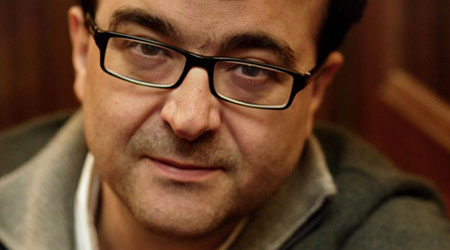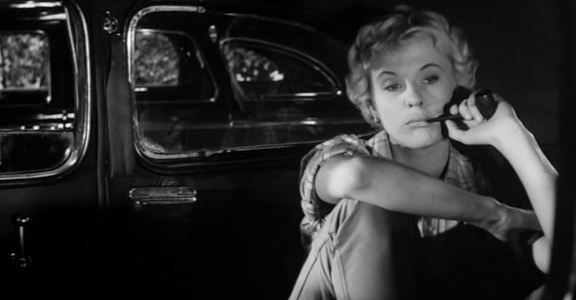…
The Blind Spot : Javier Cercas [Book Review]
While it is a truism that every artist constructs the aesthetic by which he or she wishes to be judged, I never tire of reading books like Cercas’s The Blind Spot, as these kinds of apologia pro [scribo] vitae sua (don’t ask me if I conjugated that correctly!) give what I would like to think of (however erroneously) as real insight into what practicing writers think of the phrase (one either abhorrent to or simply ignored by most scholars) literary value. For in books like this thoroughly amicable one we may not get quite at the truth about what drives a particular artist to create in the ways that he or she does, but we do get the artist’s public, conscious version of what drive’s him or her.
For Cercas (as for Milan Kundera, to whom the first part of this book is heavily indebted), the novelist is an explorer of the human condition, and the sole moral absolute that all would-be serious authors must adhere to is to go exploring in new directions. Like Kundera, Cercas locates the Ur-novel in 17C Spain, with Don Quixote, which ushered in a century-and-a-half of transgressive, digressive, genre-blending, formal literary freedom (in northern Europe at least, if, paradoxically, not in Spain), before this freedom was curtailed in the 19C by Realism’s quest for “constructive rigour” in the interest of bringing the novel its [allegedly] longed-for “purity, status and nobility”(27).
Cercas as a young writer wanted to tap back into what Kundera calls this largely……
Another Lost Bergman Film
…In which the successful, independent heroine returns, book-worm young daughter in tow and for the first time in a decade or so after living for years in the city, to the provincial village of her youth, on account of a minor automobile accident on the highway not far from town.
Involuntarily towed to the nearest local garage, she is forced to wait for several days for parts to be delivered from Stockholm, and while she is hardly shocked at first to re-encounter the smallness and the pettiness of village life, she still finds that she has to gird herself to encounter the ghosts that she had once thought she had succeeded in leaving behind: the ascetic Calvinist pastor who had abused her, the first love she’d couldn’t bear saying goodbye to, the mother who hadn’t spoken to her ever since—and who had assumed that the all-too-public shaming that the heroine had brought down upon the good bourgeois family name (they’d been forced to abandon their nearly front-row pew in the local church over the scandal that the girl had caused!) was due to the looseness of her morals and not to the hypocrisy of the pastor who had raped and then banished her from the congregation.
Will the mother stoop to the mending of fences when confronted by the truth? Will the never-wed first love look past the sins that he still imagines are his beloved’s and not the irreproachable pastor’s, and find it in his heart to embrace both the heroine……
-
Recent Posts
- The Hand-in-Glove Song of the Interweb Preterite (Doggerel verse)
- Review of White Mythology + Interview With Yrs Truly
- 2022 in Reviews: Dubyedee’s Top Fiction Reads (plus a few non-fiction books)
- Fully Automated Luxury Communism: A Manifesto by Aaron Bastani (Book Review)
- The Intimidator Still Lives In Our hearts, by Gary Amdahl (Review)
- November Song
- Waiting For Anton, A Play in Five Acts
- Reward (to the Tune of “Reward”)
- FinTechBro Karaoke (to the Tune of “Edelweiss”)
- Elevator Pitch, from the Sage Thicket of Eli Cash
- White Mythology: A Novel by W.D. Clarke
- Everything, All the Time, Everywhere: How We Became Postmodern by Stuart Jeffries (Book Review)


